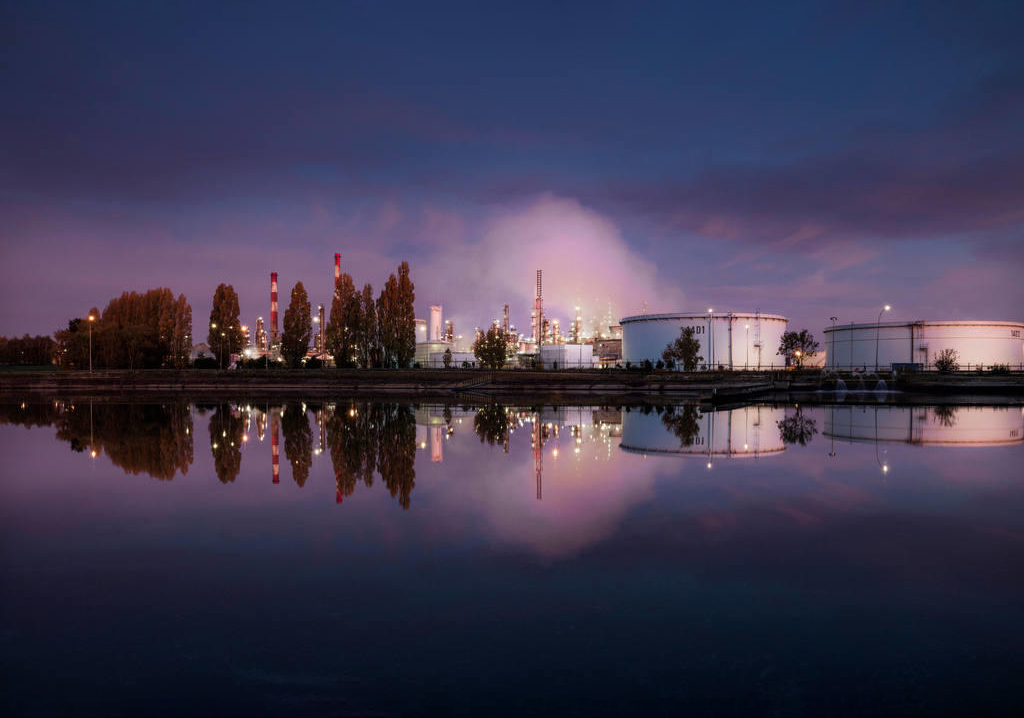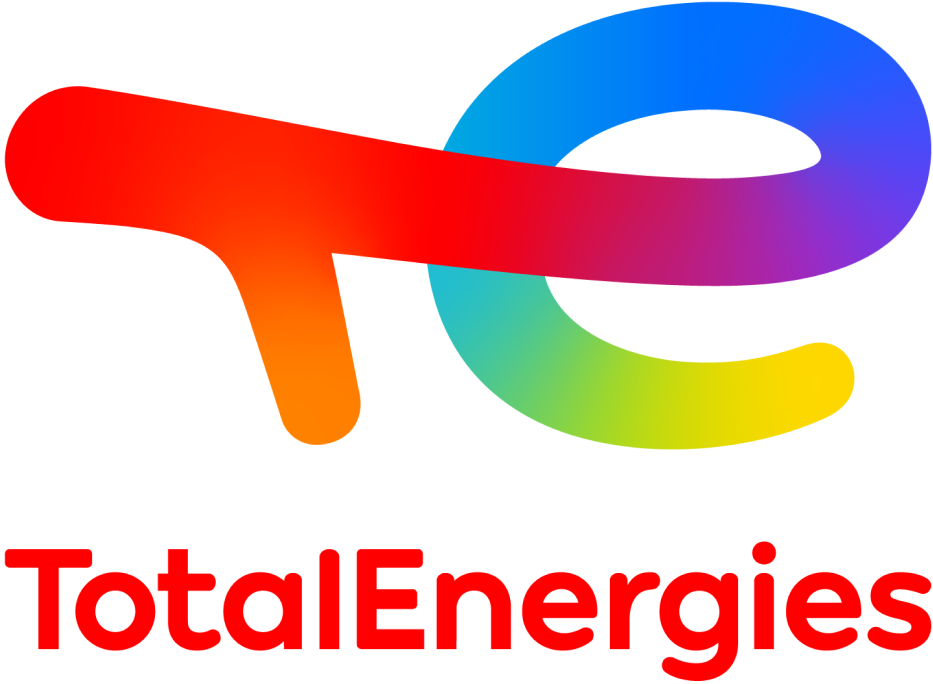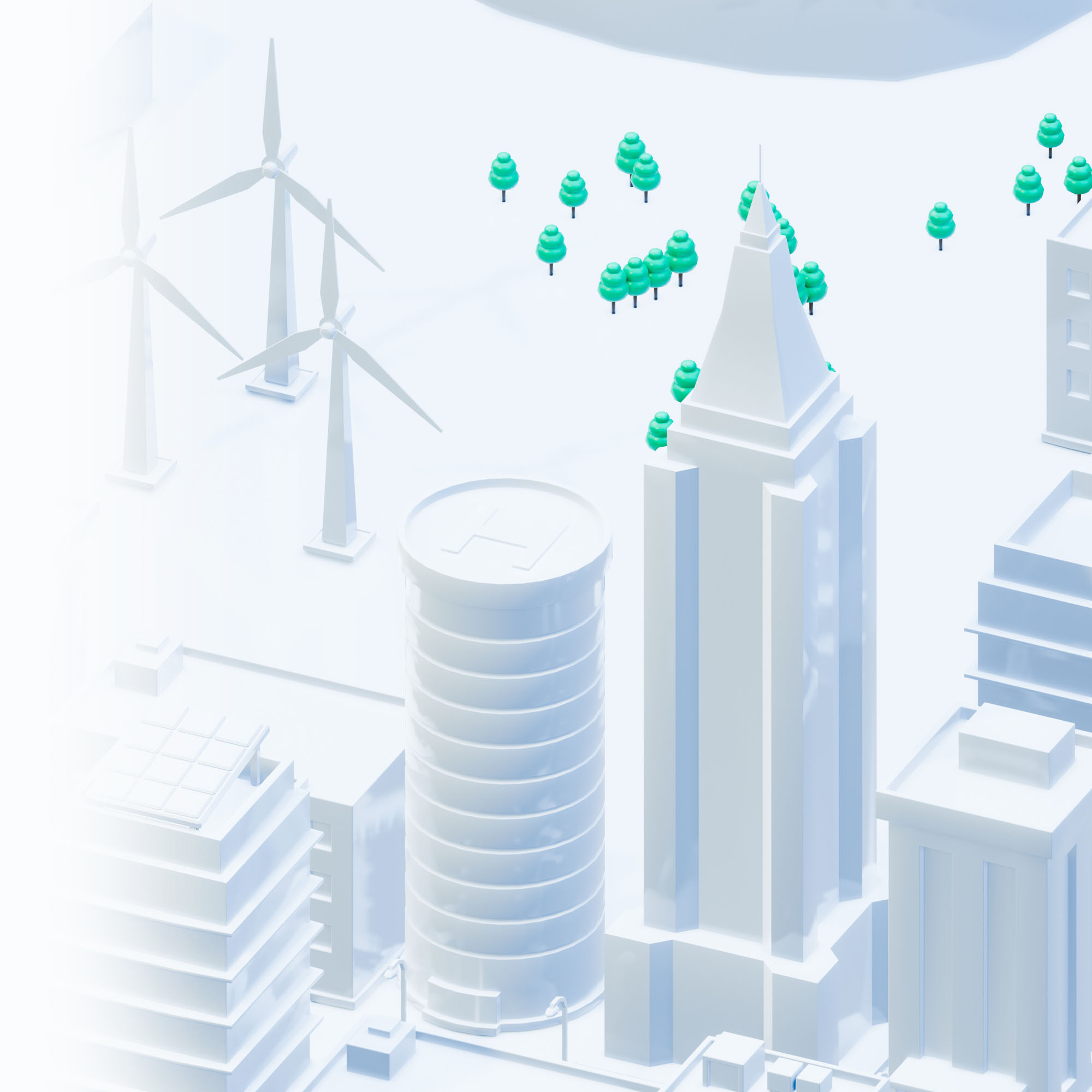Commitment
With a target of a 40% reduction in net Scope 1+2 emissions by 2030 compared to 2015, TotalEnergies is in line with the commitments made by countries with a net-zero pledge by 2050, including the European Union with its “Fit for 55” package.
TotalEnergies wants to go even further and reduce emissions related to sales of petroleum products (Scope 3 Oil) by more than 30% from 2015 level by 2030.
TotalEnergies is also aiming to reduce methane emissions (50% from 2020 levels by 2025 and 80% from 2020 levels by 2030) to move towards zero methane.
This ambition is backed by a clear, disciplined investment policy: over the 2022-2025 period, 50% of the investments will be dedicated to growth of energies supply: 30% in the development of decarbonised energies, including 25% for renewables and electricity and 5% for new decarbonised molecules (biofuels, biogas, H2, e-fuels), and 20% for further development in gas, mainly LNG, energy of the transition to replace coal in electricity production. The other half of investments will be dedicated to maintaining and adapt the existing capacities of the worldwide upstream and downstream oil and gas facilities of TotalEnergies: 30% dedicated to maintenance and 20% dedicated to new low-cost, low-emission fields and exploration to fight against the natural decline of the fields and maintain oil production.
TotalEnergies describes its vision of a net-zero TotalEnergies in 2050, together with society, a Company that produces 50% of renewable electricity, 25% of new decarbonised molecules from biomass (biofuels, biogas) or renewable electricity (hydrogen, e-fuels) and 25% of hydrocarbons (oil and gas), whose residual Scope 3 emissions from its customers of about 100 MtCO2e will be fully captured, recycled or offset.
Lighthouse initiative
As part of this ambition, TotalEnergies wants to be a leader in biofuels, both as a producer and as a retailer. Therefore, TotalEnergies announced in September 2020 plans to invest more than €500 million to convert its Grandpuits refinery into a zero-crude platform by 2024.
Biofuels, bioplastics and plastic waste recycling form the backbone of this project, which is part of TotalEnergies’ strategy to get to net-zero emissions by 2050.
- 400,000 metric tons/year of biomass converted into biofuels, primarily for aviation
- 100,000 metric tons/year of PLA bioplastics produced
- 15,000 metric tons/year of plastic waste recycled


